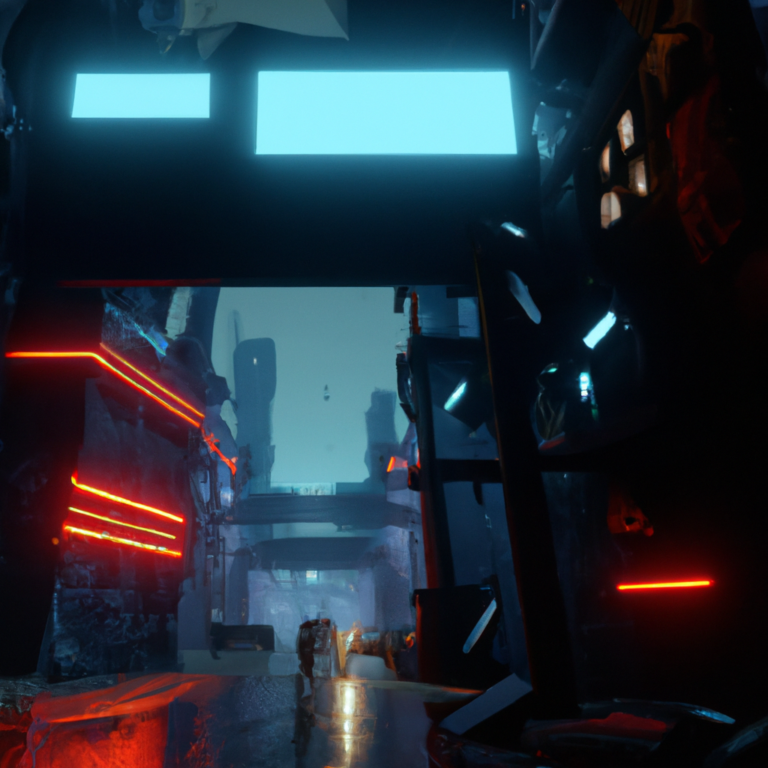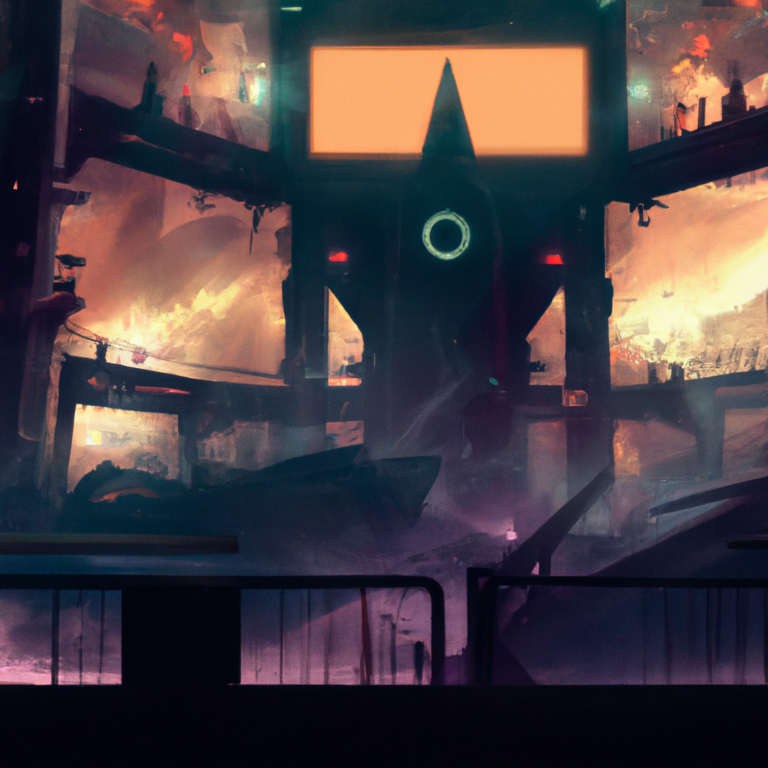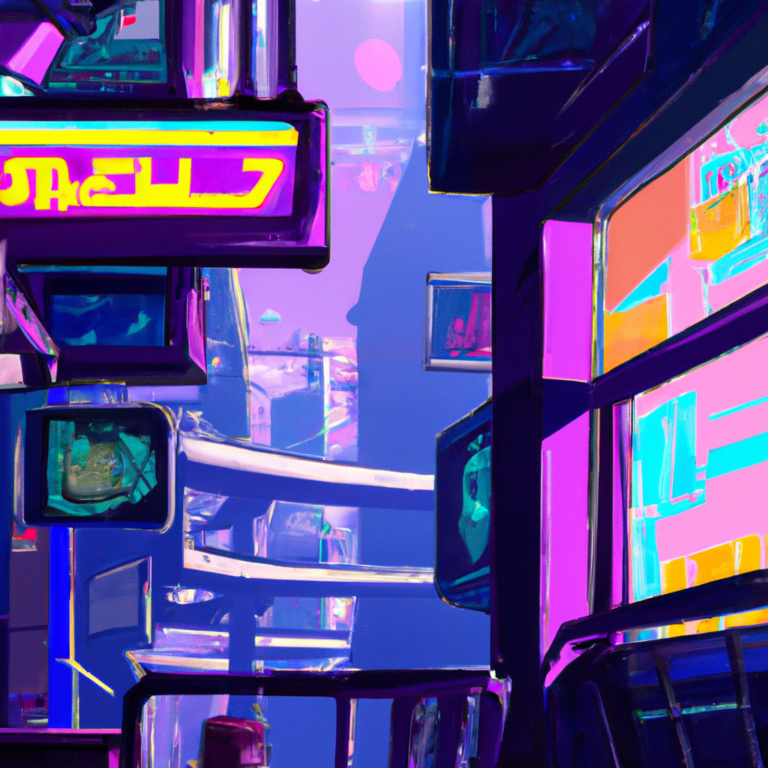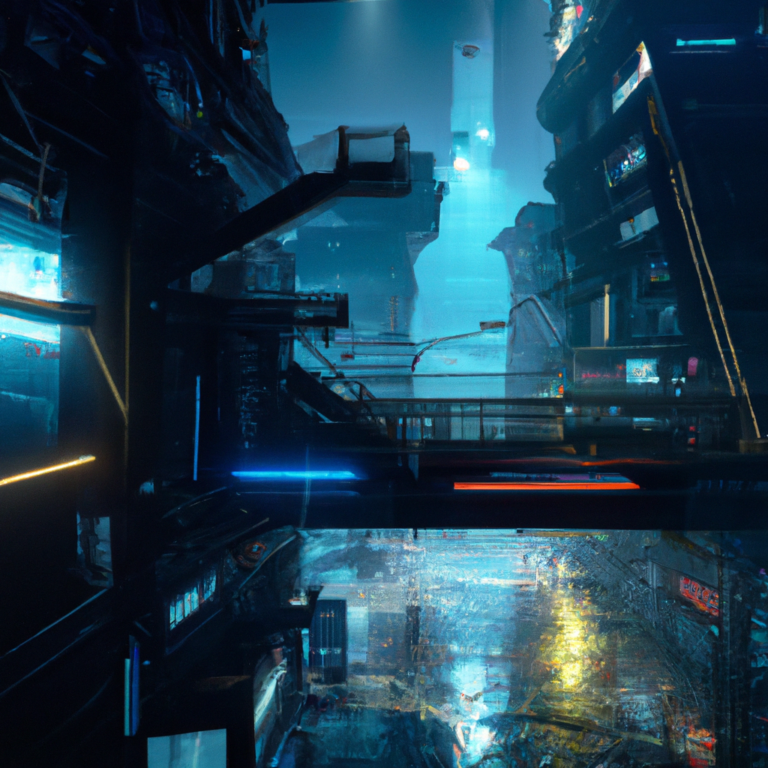“The Game Changer: How AI is Revolutionizing Game Development”
Artificial intelligence (AI) is rapidly changing the face of game development, and it’s easy to see why. The gaming industry has always been a pioneer in the use of cutting-edge technology, and AI offers game developers a wide range of tools and techniques that can help them create immersive and engaging games that will keep players coming back for more.
One of the most significant ways that AI is changing game development is by providing game developers with the ability to create more intelligent, realistic, and challenging game environments. By using machine learning algorithms, AI can learn and adapt to the way players play games, creating an experience that is tailored to individual players’ strengths and weaknesses. This means that games can become more challenging as players improve, keeping them engaged and motivated to continue playing.
Another way that AI is changing the future of game development is by enabling game developers to create more interactive and realistic characters. AI-powered characters can be programmed to respond to player actions in real-time, changing their behavior based on the player’s actions and creating a more immersive and engaging game experience. AI-powered characters can also be used to create more realistic non-playable characters (NPCs) that can interact with players in meaningful ways, adding depth and complexity to the game world.
AI is also changing the way that games are created and designed. By using AI-powered tools, game developers can quickly and easily generate complex game worlds, including environments, characters, and storylines. This not only makes game development more efficient but also allows game developers to create more compelling game experiences that are tailored to the player’s interests and preferences.
Finally, AI is helping game developers to create more personalized and engaging game experiences. By using machine learning algorithms, AI can learn about the player’s behavior and preferences and tailor the game experience to them. This means that games can be customized to the player’s skill level, playing style, and interests, creating a more engaging and satisfying game experience.
In conclusion, AI is changing the future of game development by providing game developers with a wide range of tools and techniques that can help them create more immersive, challenging, and engaging game experiences. Whether it’s creating more realistic game worlds, characters, or interactive experiences, AI is transforming the way that games are created and played, and it’s an exciting time to be a game developer.






